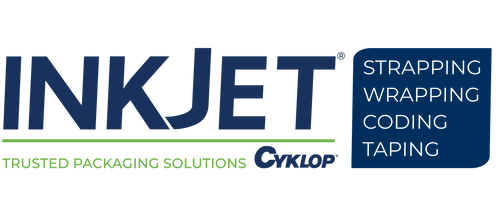The Best Inks for Metal Printing Applications | InkJet, Inc.
Used to develop everything from food packaging to aerospace parts, metal is one of the most versatile materials available today. Durable, moldable, and often relatively affordable, metal is utilized by a wide range of industries to serve both as product packaging as well as to form the product itself.
Metal-derived packaging, such as aluminum beverage cans and tin-plated steel paint cans, provide numerous benefits including:
- A high level of durability during shipping, while on store shelves, and after purchase.
- Great product protection against elements like sunlight, airborne particles, and physical collisions.
- Easy storage due to can stackability and lightweight properties.
- Eco-friendliness thanks to metal’s high recyclability rates.
As a product material, metal is valued for its versatility, strength, and ability to conduct electricity. For these reasons, metal is found throughout industries like:
- Wire and cable extrusion
- Electrical component manufacturing
- Automotive part production
- Building material construction
However, regardless of whether a company is using metal to manufacture their products or to house their products, direct marking is commonly used to comply with supply chain traceability guidelines. In fields like aerospace part production, direct product printing is frequently used to apply markings that are required by regulations like Spec 2000 and SAE AS9132 (e.g., barcodes and data matrices). In retail-focused fields (e.g., food production, beverage bottling, etc.) direct printing is used to outfit product packaging with traceable markings like lot codes, serial numbers, expiration dates, and more.
Of course, this type of product printing is only successful if one uses a substrate-compatible ink formula. By using an incompatible ink on a non-porous material like metal, codes are doomed to be low-resolution, messy, and ultimately, unreadable/unscannable.
This is what you need to know about finding ink for metal printing.
The Importance of Finding Metal Compatible Ink Formulas
Although metal product and packaging printing is a necessary part of countless operations, it isn’t always an easy task. Metal is a non-porous material that doesn’t readily allow ink to sink below the surface. Consequently, for codes to come out sharp and legible, they must be applied with fast-drying formulas.
Another challenge associated with metal printing is the working environment itself. Facilities that use metal to form/package products are often home to harsh environmental factors, including extreme temperatures and excessive humidity. For example:
- Food canning operations sterilize their products through retort processing, meaning that the canned food is exposed to extremely high temperatures to kill microorganisms. If an ink can’t withstand this high heat, applied codes will inevitably become unreadable.
- Beverage canning facilities often struggle with high levels of humidity and condensation on their packaging. To ensure code compliance, both the printing hardware and the ink must be able to resist these moisture levels.
- Aerospace and automotive production plants are commonly affected by a range of environmental issues, including wet, hot, and dusty conditions and possibly the presence of oil and grease. For codes to come out clear and legible, factory operators must find formulas designed to resist these factors.
In these environments and others, the success of metal printing relies heavily on having the ideal formula for one’s unique conditions. Fortunately, experienced ink manufacturers, like InkJet, Inc., are well-stocked with metal-compatible formulas that can accommodate challenging conditions.
The Best Ink for Metal Printing Applications
More often than not, metal-compatible inks will not be water-based. In general, water-based inks do not provide the quick-drying times required for successful non-porous material coding. While some ink developers have worked towards making metal-compatible water-based inks, most viable options on the market will be solvent-based.
Solvent-based inks are well-suited for non-porous materials due to their quick drying rate. On average, solvent-based inks can dry at a rate five times faster than water-based inks. Additionally, the codes produced with solvent-based inks tend to be more durable than those applied with water-based inks.
Within InkJet, Inc.’s portfolio of industrial coding ink and fluids are a number of solvent-based inks designed for both continuous inkjet and thermal inkjet printers. By partnering with InkJet, Inc., companies can find a formula that can accommodate:
- Moisture presence
- Surface texture
- Material temperature (including both hot and cold surfaces)
- Sunlight resistance
- Material color
- Alcohol/oil presence
Additionally, InkJet, Inc.’s ink development team is available to produce custom inks that can meet unique application requirements.
Need Metal Compatible Ink Formulas? InkJet, Inc. Can Help
With the right ink formula, companies of all industries can ensure that their metal parts and packaging are outfitted with codes that are both long-lasting and highly legible. At InkJet, Inc, we make it our mission to help businesses accomplish this task.
Equipped with 30 years of experience in formula development and hardware distribution, our knowledgeable team is here to help users find the best ink to fit their needs. If you’re looking for a metal compatible formula for your line, call InkJet, Inc. today to learn how we can help.
To find ink for metal printing applications, contact us online today or call 1(800) 280-3245.



